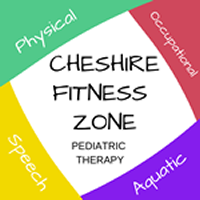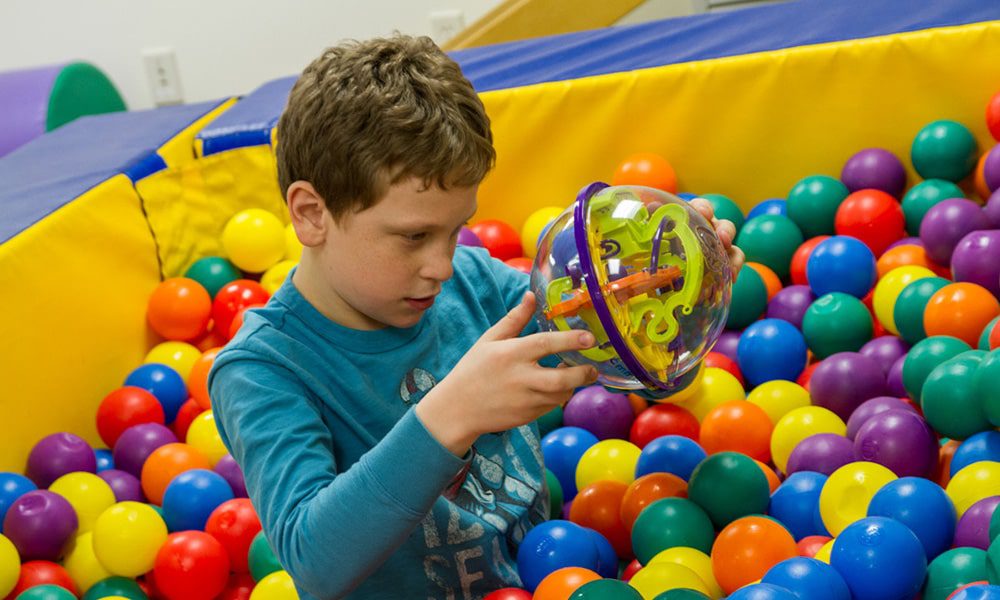There is something about watching a child growing up that can easily make anyone cry. On the flipside, there is something about watching a kid struggling with speech impediment or a learning disability or a physical challenge that can make one sob for hours. Such experiences can break anyone’s heart. But the experiences do not mean in any way that the struggling child is doomed for the rest of his or her life. Occupational therapy in Connecticut can be used to help the child stay at par with other children or even get miles ahead of the curve. Here is how it can help the situation. Note that you will also have to play a big role as a parent to ensure that the therapy sessions work.
Acceptance
You must have spent many sleepless nights crying or just stressed the moment you first realized your child was fall behind in certain aspects of child growth and development. There is nothing wrong with such reactions. The wrong, and perhaps the worst thing, is reacting to the negative revelation with denial. It is one thing to feel bad about your child dealing with a condition and another refusing to accept that there is a problem that must be ‘fixed’. Fixed is the term because like already hinted, occupational therapy can fix lots of conditions that people think of as terminal. Acceptance is the first form of therapy. Accept the situation then seek professional assistance.
Communication
Occupational therapy is all about communication. First off, it focuses on how the brain of the child in question coordinates with other organs. It also focuses on the five senses. That is, it finds out how the special needs child under treatment perceives all the five senses. All these aspects boil down to communication within and outside the body. In a nutshell, occupational therapy will help your child improve his physical and cognitive skills. The therapist may have to come up with occupational therapy modalities that will make your child more interested in learning and communication in fashion that can convey information easily.
Objective modalities
A good occupational therapist will go an extra mile to find out exactly what is frustrating your child’s growth. For instance, if your child has problem with speech, his or her hearing may also have a problem. This can interfere with growth and force your child to lag behind in class. So instead of solving the problem in a traditional sense using basic occupational therapy techniques, your child’s occupational therapist may bring a nose or ear specialist. That way, the source of the problem will first be dealt with before advanced occupational therapies begin.
Progress
This is where you come in. As already hinted, you have to play a big role as a parent. Forget about acceptance as mentioned above. Your child’s occupational therapist may request you to help him or her monitor the progress of your child. That means you will have to spend more time with your little loved one and be observant. That way, the therapist will know what’s working and what’s not working. He will also know if it’s the right time to move on to the next phase of occupational therapy in CT.



